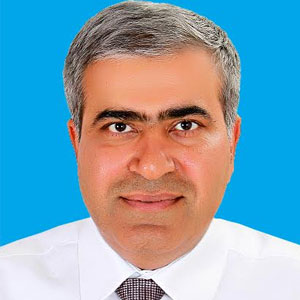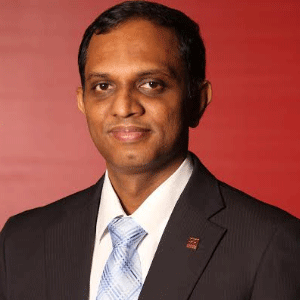THANK YOU FOR SUBSCRIBING
Editor's Pick (1 - 4 of 8)

IoT - A New Name for an Ambition the Industry has Held for Decades
Mathias Steck, Executive Vice President and Regional Manager - Digital Hub, Asia, DNV GL


Mathias Steck, Executive Vice President and Regional Manager - Digital Hub, Asia, DNV GL
Since the hype around data driven decision making took off some years ago, pioneers in the field encounter a lot of issues with data formats and quality, as well as ensuring the correct interpretation of data. While it sounds intriguingly simple to place a sensor, read its output and use the data to make better decisions in theory, the reality is much harder than it sounds.
The old saying “Crap in, crap out” has never been truer. I still remember my university professor saying, “since we have computers, we get the wrong answers in a more sophisticated way”. To prevent this happening, we cannot just hand over our operations to robots. The success of IoT requires standardization of data acquisition, data communication, data storage and data handling, as well as a thorough data screening and qualification process. Last but not least, it needs the sound subject matter expertise of human beings to properly interpret input and output and qualify the process.
Once this is in place, the next step then is an ‘AI’ basing its learnings and decisions on the data coming from IoT and then feeding its learnings back to empower IoT. It is worth noting that ‘AI’ is commonly translated as ‘artificial intelligence’, a notion that seems to be based on cinematic visions rather than reality. In the words of NASA scientist Dr. Kirk Borne, there is no such thing as artificial intelligence; instead, AI can be more accurately expanded as ‘accelerated’, ‘actionable’, ‘adaptable’, ‘amplified’, ‘assisted’, or even ‘augmented’ intelligence (source).
At its core, IoT is simply a new name for an ambition the industry has held for decades now: using data to make assets and operations more efficient and competitive. Current advancements in and dropping prices of digitalization and computational power are finally allowing us to move towards achieving this dream in an economically viable fashion. This will help us improve efficiency and tackle the imperatives of decarbonisation and urbanisation. And while it may take a temporary toll on unemployment ratios, it will also make our lives more comfortable.
Keeping all of this in mind, there is little reason to fear that our world will be taken over by robots anytime soon. So perhaps the answers Google, Siri and Alexa provide are just honest; there is no revolution ahead, only a fast evolution of our current society – one that we will be able to shape into the way we want.
The success of IoT comprises two major elements: the standardization of communication protocols and the quality of data












